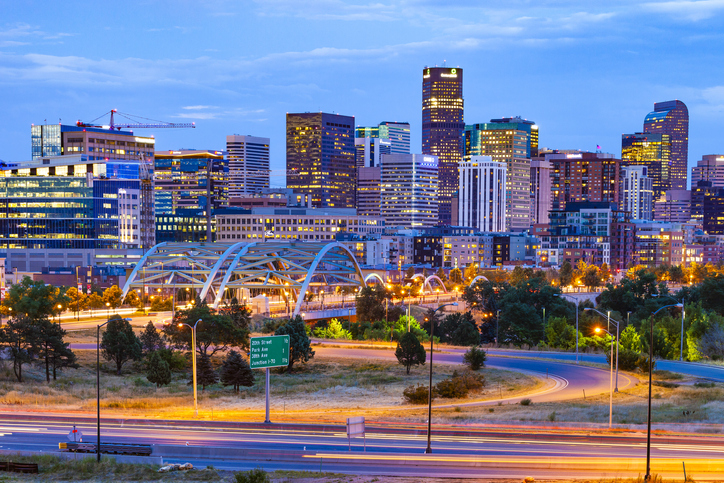
Famously known as the Mile-High City, Denver is attracting more and more people from all over the country. Located on the Front Range Urban Corridor, this Coloradan capital is not only a popular outdoor and cultural destination, but a growing business hub as well. It comes as no surprise it is the second best place to live in the country.
Whether you’re going on an extended business trip or you’re planning to make the move permanent, here are some things to expect when it comes to living in Denver.
Cost of living
Denver is notable for being one of the most expensive places to live in the country. And with more people are coming to the Mile-High City, the cost of living has significantly increased. Let us take a closer look.
-
Home prices
Denver real estate is highly valued and coveted. In a span of 18 years, homes in the city appreciated by almost 128 percent. The median home price is $393,842, well above the national average ($227,025).
In some respects, however, one can say that Denver offers better value for money. This is especially the case when you compare the city to metro areas of similar size and median household income.
-
Rent prices
Rental properties in Denver vary, and so do the rent prices. A studio unit in the city has an average rent price of $871, a one-bedroom rental $1,064, and a two-bedroom apartment $1,347. These median prices are $44, $117, and $172 above the national average prices, respectively.
Despite the steep prices, renters make up half of Denver’s total population. Rent prices in Denver are also comparatively cheaper than in other major cities such as Los Angeles, Salt Lake City, Seattle, and New York City.
-
Utilities
Home and rent prices in Denver may be significantly above the national average, but it is a different story when it comes to utilities.
Electricity, garbage, heating, and water for a small apartment can set you back $128, lower than the national average ($152.06). Internet in Denver is also relatively cheaper, with the median price at $58.
Gas prices are also considerably reasonable. A gallon of gas in Denver has an average price of $2.77, which is lower than the state ($2.82) and national ($2.86) average.
-
Taxes
Denver residents pay a total sales tax of 7.65 percent. This includes the city sales tax (4.75 percent), the state sales tax (2.9 percent), the Regional Transportation District tax (1 percent), and the Cultural Facilities District tax (0.1 percent).
-
Transportation
Denver is gradually expanding its public transportation system. One of the most popular ways to get around is through the RTD light rail. You can get a local monthly pass for $114 and a regional/airport pass for $200. Seniors, individuals with disabilities, and the youth can avail discounts. Read more about it here.
Local weather
Weather plays a significant role in the local lifestyle. Denver sees about 300 days of sunshine each year, but the weather can also be unpredictable thanks to the city’s high-altitude location.
It can be cold in the winter, with average temperatures just below freezing. Spring temperatures average almost 50 degrees. The summer months see temperatures around the low 70s, cooling down to the 50s during the fall season.
Moving to Denver soon?
Let Summit Corporate Housing help you explore short-term furnished homes, rentals, and temporary housing in Denver.

